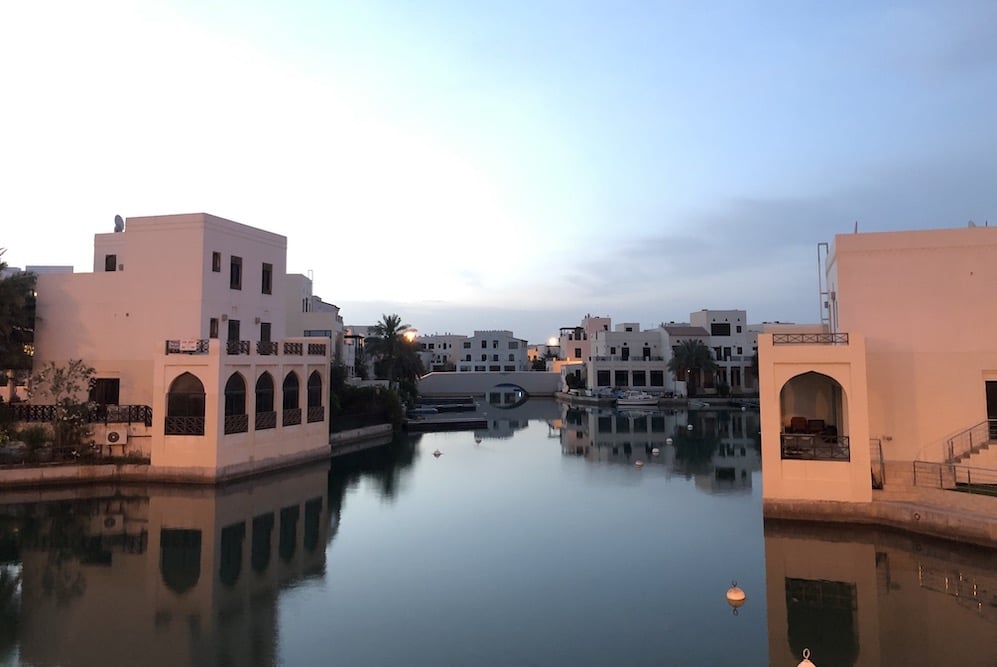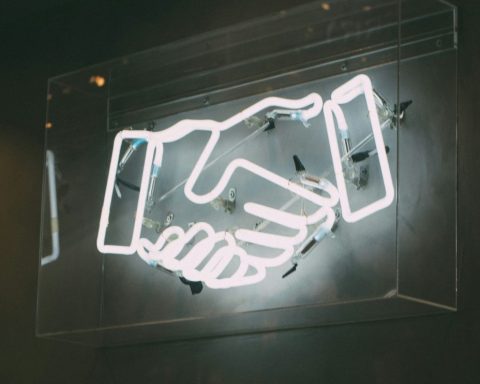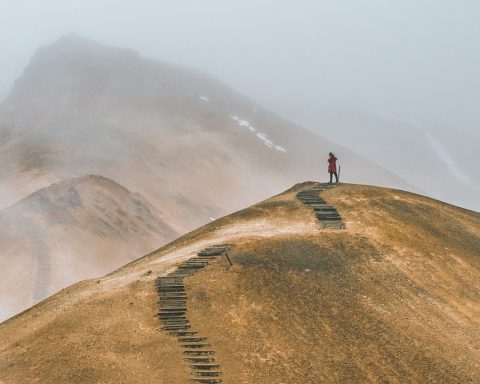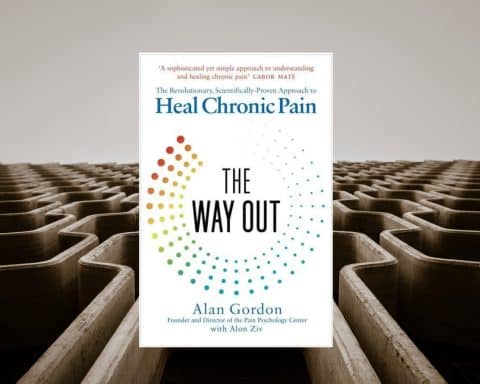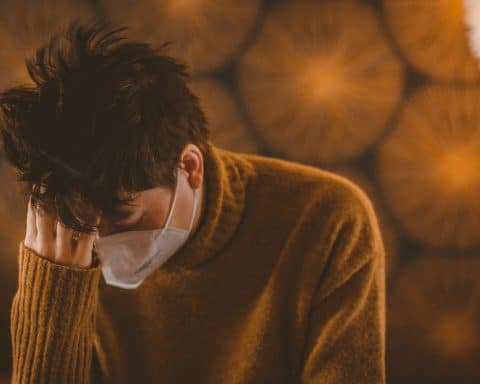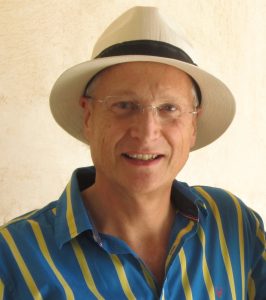 David Misselbrook was a South London GP for 30 years. He was involved with GP training, CPD development and medical ethics. He now teaches Family Medicine and ethics for RCSI Bahrain.
David Misselbrook was a South London GP for 30 years. He was involved with GP training, CPD development and medical ethics. He now teaches Family Medicine and ethics for RCSI Bahrain.
Following 35 years in the NHS I have had the immense pleasure of teaching for RCSI Bahrain, a Dublin medical school here in the Gulf. I’m six years into a two year contract (it’s that sort of place), but finally returning home. The privileged expat life can be beguiling, akin to a previous generation’s tales of the Raj. Bahrain is a sparkling jewel of an island, much less bling than Dubai, much more laid back and tolerant than many places in this region. There are 360 days of sunshine a year, the calm blue waters of the Gulf lapping up to the private beach in front of our balcony — need I go on?
But of course, life in 2020 has a strangely apocalyptic air. My wife returned to the UK a few weeks ago, and, along with the rest of the world, Bahrain has been closing down.
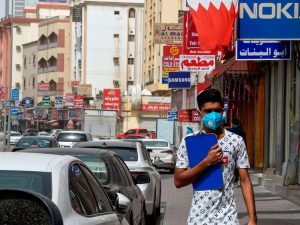 First the schools and universities closed and we are supporting our own students remotely, getting ahead on the knowledge element, planning to catch up with hands on skills and clinical learning next semester. Then, for Bahrain horror of horrors, the restaurants closed. Then the shops closed except for food, pills and banks. We can still go out in masks, but no groups. It resembles a patient slipping into multi-organ failure.
First the schools and universities closed and we are supporting our own students remotely, getting ahead on the knowledge element, planning to catch up with hands on skills and clinical learning next semester. Then, for Bahrain horror of horrors, the restaurants closed. Then the shops closed except for food, pills and banks. We can still go out in masks, but no groups. It resembles a patient slipping into multi-organ failure.
I made one good judgement call. Three weeks ago I went for a premature haircut. Sure enough, the next day all hairdressers closed. My next stop was to buy hair clippers, but I’m not sure I will get ethics approval for the experimental horrors that could ensue.
Sometimes one only sees privilege when it is lost. Bahrain is coping remarkably well with COVID-19. But the two big challenges are the 2,000 Bahrainis returning from Iran, just 100 miles away, but definitely in a parallel universe. And, secondly, the migrant workers’ camps. Bahrain tries to treat its migrant workers better than expected for this region. They have legal protections and a minimum wage. And they are queueing up to come here from the Asian subcontinent and the Philippines. They can earn enough over here in three years or so to send their kids through school, or build a house or start a business in their home village. But their living conditions are rather like an old fashioned youth hostel with a bit more sand. And imagine a string of big youth hostels once COVID-19 gets going.
We seem again to have our once-a-decade shift in the world order. The fall of the Berlin wall. 9/11. The crash of 2007/8. And now COVID-19. The world may never be the same. But then it never is. What will our world look like when the pandemic is over? Well, if there is an effective vaccine or a really successful treatment it just might get back to something familiar. But no human coronavirus vaccine has ever been developed, and heavens knows we’ve tried.
So what happens when a virus manages to achieve an R0 of 3 and a case fatality of 35%, with no vaccine around? COVID-19 is not the big one.
And what of jobs, of house prices, of the economy, our national borrowing requirement? And the new taxes on the middle classes to shore up the state? (It goes without saying that these will never apply to the seriously rich.)
But so much for the rich. We might not feel quite so rich when all this is over, but we will still be better off than the rest. What of our fellow humans in low and middle income countries? We are well above the tide line of destitution. For them the very real gains made in the last few decades may be fragile.
What of the future? COVID-19 has an R0 of about 2-3 and an overall case mortality of about 1-3%. The last coronavirus scare, MERS, had an R0 of well below 1 but a case mortality of 35% — just don’t go kissing camels. So what happens when a virus manages to achieve an R0 of 3 and a case fatality of 35%, with no vaccine around? COVID-19 is not the big one.
But let us end on a happier note. Despite social distancing people talk more, people help out. We are learning other ways of working, many of which will carry on post-COVID-19. Our Saturday morning blokes’ breakfast has gone virtual, so we are catching up with old friends from around the world, suddenly Zooming into view. People are pretty resilient when they have to be.

